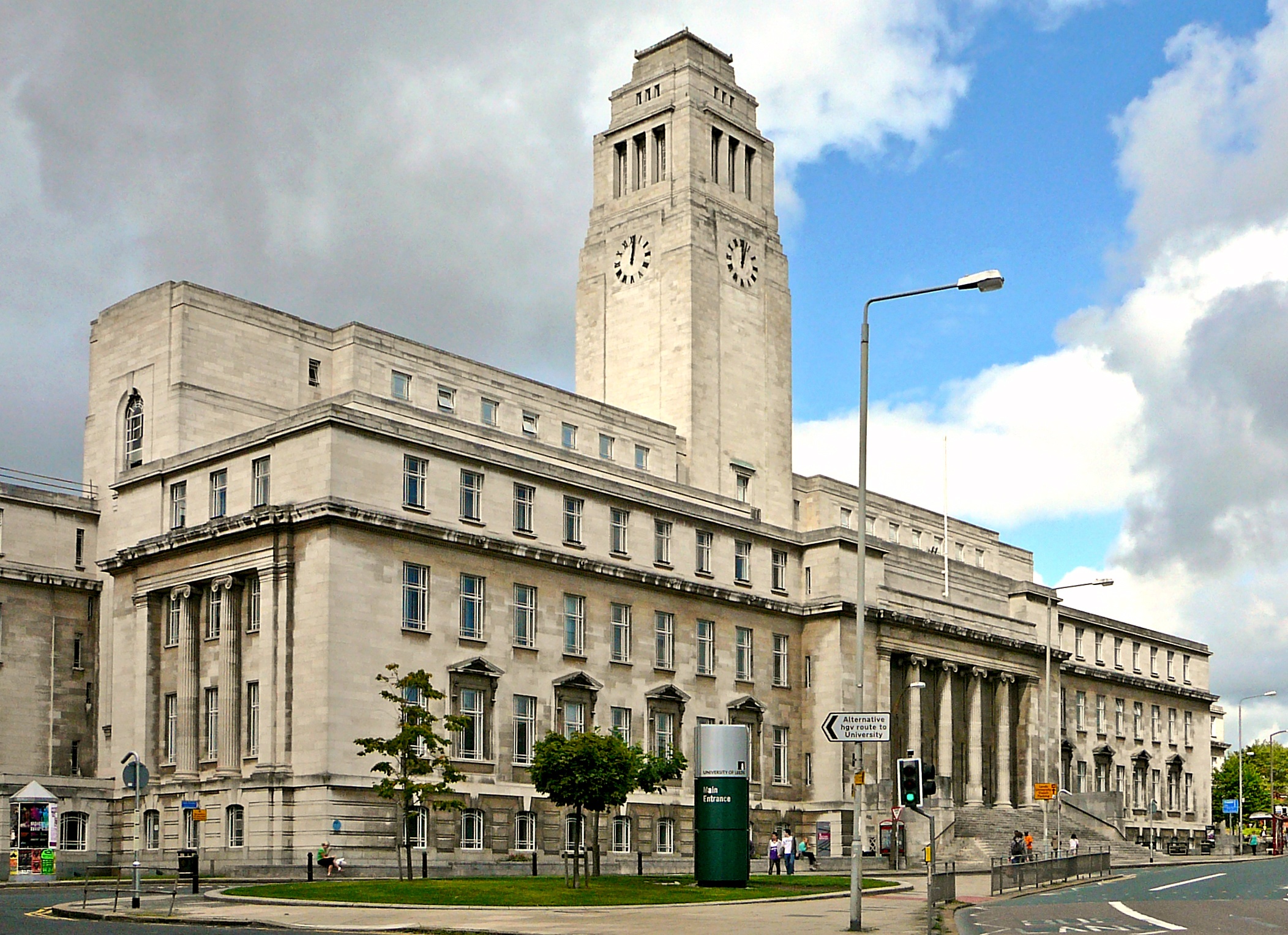“If you don’t do something, who is going to?” asked Toke Dahler, the 2015/16 Union Affairs Officer, in an interview back in December. The context: encouraging international students like himself to run in this year’s Lead LUU.
For those of you less familiar with Lead LUU (formerly the Leadership Race) it is the annual election for the Student Exec and the editor of our friend that we love to hate, The Gryphon. Any student can put themselves forward to be a candidate for the Exec, regardless of age, type of degree, or where they’re from in the world. The role of Gryphon Editor, disappointingly, is a slightly different story – but Mikhail can tell you that story far better in his own words.
Since 2009, the number of international students at the University has almost doubled and it has become apparent that both the Union and the University can do significantly more to make them feel welcome in Leeds. This year, you might have noticed that the marketing strategy for Lead LUU was considerably more inclusive than usual when it cameto languages used. The key message “Change is Coming” was displayed in English and Mandarin, “why not you?” was asked in Spanish, and a number of other messages were conveyed in a whole host of languages in an attempt to encourage both international and non-English speaking students to run in these important elections. And to everyone’s credit, it worked. 46% of the candidates were international students, and every role on the Exec was contested by at least one international student. This is up from just 13% of the candidates last year. Half of the students running for Union Affairs Officer were international students and so were two out of three students who ran for Activities Officer.
Unfortunately, participation is only a small part of this conversation.
We’d like to preface this by saying that we’re really excited to hand over to the incoming Exec. We know that they will do an incredible job, and the Union will continue to strive towards its goals of inclusivity and representation under their direction. However, the lack of international representation on the newly elected team (and many before it) paints a disappointing portrait of the voting population of the student body.
Initially, we were concerned that we’d limited our international engagement to simply enlisting candidates and not been successful in replicating this for getting students to vote. But the stats show otherwise. 30.3% of students at our University are international, and 30.0% of votes were cast by international students. This is up from last year where the international vote was under indexed (6% below) compared to the student body at large. The question we were left asking ourselves, then, was why were international students not more successful in their bid to lead Leeds University Union?
In 2012, the then Home Secretary and now Prime Minister, announced a new approach to immigration: Make Britain a “hostile environment” for people who have “no right to be here”. It planned to make it difficult for those without the right immigration papers to live in the UK. This policy has arguably turned some UK citizens into spies and informants to help enforce the Home Office policy. The Higher Education sector was not left out of this. The onus was put onto universities to vet non-UK students, i.e. the Home Office outsourced border control to them. It didn’t stop there for international students either:
- Post-study work visas removed in 2012 and replaced by a tougher Tier 2 visa system (Mikhail’s story gives a very important perspective on this)
- Visa fees increasing year on year
- International students are required to register with the police within seven days of arriving in the UK.
We could continue further, but the picture gets bleaker and bleaker. The Government’s hostile environment, alongside the 2016 EU Referendum,
With a population of 38,000 students, our collective voice for lobbying when it comes to mental health, sustainability, BME attainment, or anything else that we put our minds to could be unparalleled. But until we learn to enable and amplify the voices of those that we don’t deem “like us”, we belittle our cause and we increase division on our campus.
Matt Port, Welfare Officer, and Chris Morris, Union Affairs Officer.
Image: Wikimedia Commons.

